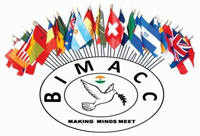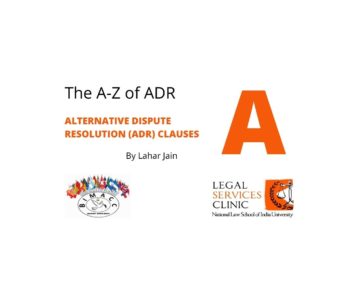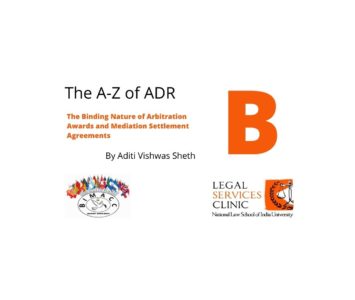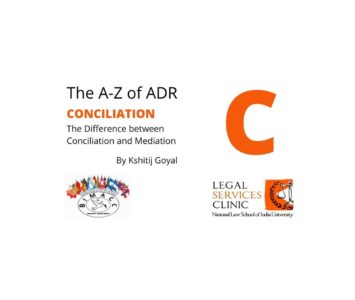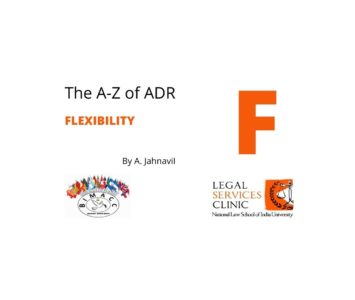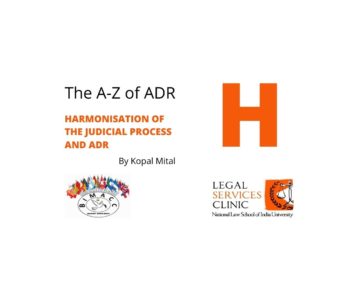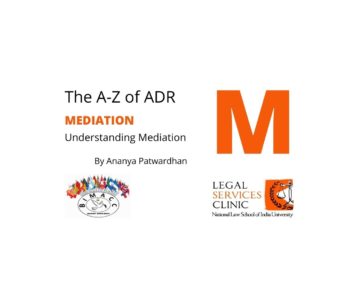A-Z of ADR: Enforcement
Securing an arbitration award is one thing and actually getting it enforced is another thing. Enforcing an award is especially complicated when the opposite party hasn’t even taken part in the arbitral proceedings. The procedure of enforcing an award is governed by the Arbitration and Conciliation Act, 1996 as well as the Civil Procedure Code, 1908. For India-seated awards (awards governed by Indian Law), i.e. “domestic awards”, Part I of the Act will be applicable. For awards governed by foreign law, i.e. “foreign awards”, Part II of the Act will be applicable. To ensure that your award is successfully enforced, you should make sure […]
Read More
